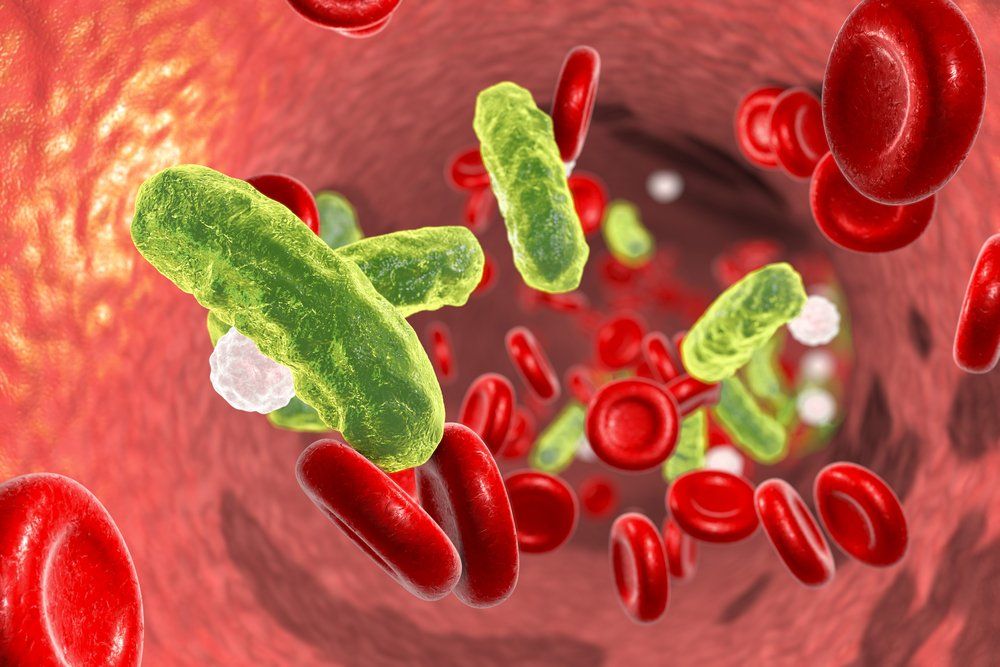How a Medical Malpractice Lawyer Helps Hospital-Acquired Infections
In September of 2013, a mother who had just undergone a C-section delivery was infected by a flesh-eating bacteria. More than 40 surgeries were conducted on her to remove her arms, legs and most of her internal organs. She filed a hospital infection lawsuit against the hospital and eventually agreed to a $9.6 million settlement.
Hospital-acquired infections result in an estimated 1.7 million infections and almost 10,000 fatalities every year. Staph infections, surgical site infections, pneumonia, bloodstream infections and urinary tract infections are the most prevalent types of hospital-acquired infections.
No patient expects to leave a hospital with more medical problems than they had while getting admitted. While smaller infections are relatively harmless and can be treated quickly, some may lead to significant long-term health complications. In such cases, the hospitals or the medical facilities may be held liable if you can prove that the infection was contracted in the hospital due to lack of sterility or failure to diagnose and treat the infection properly.
A medical malpractice attorney can help you in such situations by investigating the circumstances of your infection and helping you file a lawsuit.
If you believe you have contracted an HAI, then the first step would be to ask yourself the following questions to establish that the infection was caused as a result of negligence on account of the hospital.
- Was your health being compromised due to any other illnesses at the time of checking into the hospital, thereby increasing the risk of exposure to infectious agents?
- Which of the medical officers (nurses, doctors, and physicians) were involved in the treatment?
Typically, an infection that occurs 48 hours after the patient has been admitted to the hospital can be regarded as an HAI. The most common ways in which a patient contracts an HAI are as follows:
Patient’s level of immunity: The gravity of the patient’s injury, the duration of stay in the hospital as well as how well his immune system is functioning are all risk factors.
General Cleanliness of the Hospital: The overall cleanliness of the hospital which includes sanitation of the air conditioning and heating system, the water system, the building and most importantly the sterility of the medical equipment and appliances.
Hygiene level of the medical personnel: The level of hygiene maintained by the doctors, nurses and other hospital staff also play an important part. Factors such as washing their hands, use of antibiotics and performing invasive procedures like administration of intravenous medication, intubation and catheterization are regarded as risk factors.
A patient who contracts HAI will be required to recall each and every person they came in contact with, the various treatment rooms they stayed at and the equipment that was used on them. In cases where the HAI inflicts groups of patients in a hospital simultaneously, it is easier to prove as a causative chain.
You must contact a malpractice lawyer if you develop an infection within two weeks of leaving the hospital. In order to file an effective medical malpractice lawsuit, your condition must be proven.
A qualified medical malpractice attorney will evaluate your case and uncover the reason the infection occurred. He will review your medical records thoroughly in order to establish whether the HAI was caused as a result of an inadequate standard of care. You will be eligible for a lawsuit if it is proven that the injury was caused due to delayed diagnosis and negligence.
If you think you have a Hospital Acquired Infection, talk to the team at The Law Offices of Alvin F. de Levie, the best medical malpractice lawyers in town at 844-777-2529 for a free consultation.






























